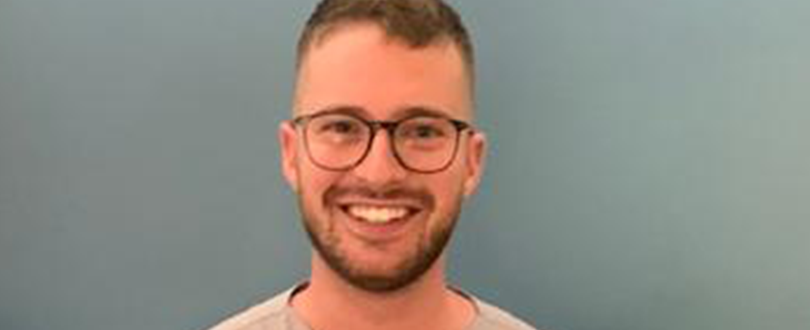Leading Teams in Uncertain Times

DevinThompson, RRT
Supervisor - Respiratory Therapy Services
Department of Allied Health
Sidra Medicine
Coronavirus has brought the world of economics, politics, healthcare and indeed humanity to a stand-still in one maleficent swoop. An unprecedented shutdown of the global economy (Jones et al., 2020), and retraction of personal libertieshas brought strife and friction to many boardroom and kitchen tables across the world. One may argue that this level of confliction and uncertainty may not be paralleled during our time left here on earth (at least, those of us reading this). Through it all, leaders in all industries have been called upon to provide environments of hope, physical and psychosocial safety to their workplace. In a world already described as Volatile, Ambiguous, Complex and Uncertain (VUCA) (Ross, 2016), the complexity of the challenge we face tests both society and leadership, as well as leadership theories (Grint, 2020).
Grint (2020) advocates for the use of Leadership, Command and Management in the battle against Coronavirus. Complex, or “wicked” problems require a collective response, and thorough leadership to mobilize communities in order to achieve a common goal (eradication of the virus). Management can be seen through regulated operating procedures and their assured governance. This remains crucial where protecting health care workers is of utmost importance. During these times, it is not only leadership and management that are required; a certain degree of command is needed when making decisions of critical importance (closing borders, ordering staff to stay home, etc.). Though the notion of command can seem anti-democratic, it has been the utilitarian motion that has saved many countries from the devastation seen in some regions of the world.
However, when making said decisions, leaders must be able to recognize their own fallibility. Demonstrating to your team that you are fallible, may encourage them to present ideas of their own, and this is the exact type of leadership required to solve the wicked problems as described above. The idea of “just cultures”, or “speak-up culture” have been incorporated to nearly every indoctrination into health organizations – as psychosocial safety is pivotal to teams working in dynamic and high stakes environments that rely on co-dependency to provide safe care (O’Donovan et al., 2020). To reach the desired goal of equality, equity or an egalitarian community – we must first remember how to take care of our own (not only our patients or clients). This has never been more important than during these difficult times. Leaders have a duty to be mindful of and inform their teams on mental health disorders and their indicators. A helpful habit includes providing some degree of choice (even small) to their employees, as there is a general sense of lack of control all around us. Leaders should also take time to indulge in self-care, ensuring that they are working at a viable pace. The constant exposure to the VUCA world, and the human perversion for intensity and perfection are a breeding ground for breakdown.
As with all discussions related to leadership, the importance of communication is paramount; this remains true. Providing open and honest updates and feedback to your team and creating protected time to have these conversations will demonstrate your confidence and competence. Perhaps breaking of the “Golden Rule” and treating others how they would like to be treated (not how you want to be treated) would be a great place to open the dialogue.
References and Readings
Grint, K. (2020). Leadership, Management and Command in the time of Coronavirus. Leaderhip, 0(0)1-6. DOI: 10.1177/1742715020922445
Heijde, r., deichmann D. (2019). Why health care leaders should share their vulnerabilities. Management. Wharton School - University of Pennsylvania.
Jones, L., Palumbo D., & Brown, D. (2020). Coronavirus: A visual guide to the economic impact. British Broadcasting Corporation News. Retrieved from: https://www.bbc.com/news/business-51706225
O'Donovan, R., Van Dun, D., & McAuliffe, E. (2020). Measuring psychological safety in healthcare teams: developing an observational measure to complement survey methods. BMC medical research methodology, 20(1), 203. https://doi.org/10.1186/s12874-020-01066-z
Ross, M. (2016). In the shadow of vuca: a call for soul and sanctuary in corporate leadership. Centre for courage and renewal. Retrieved from: http://www.couragerenewal.org/the-soul-in-corporate-leadership